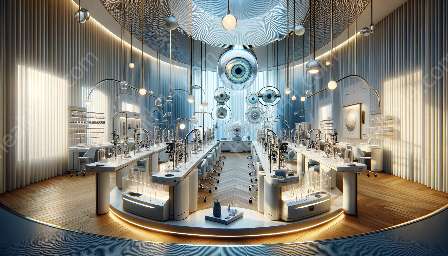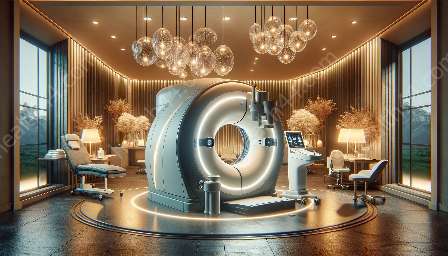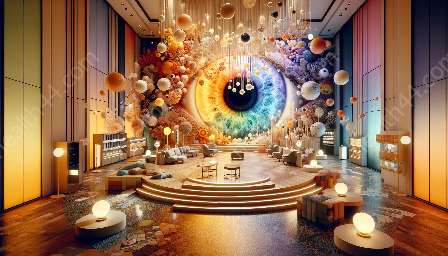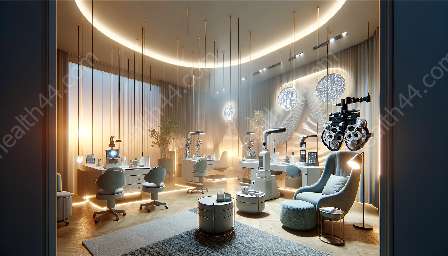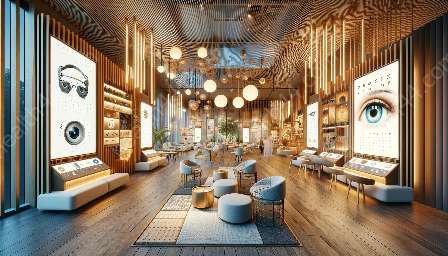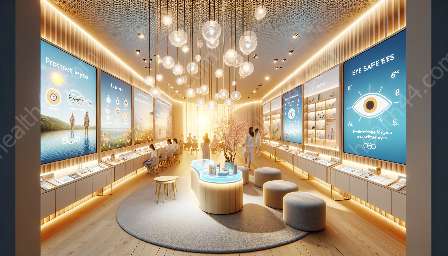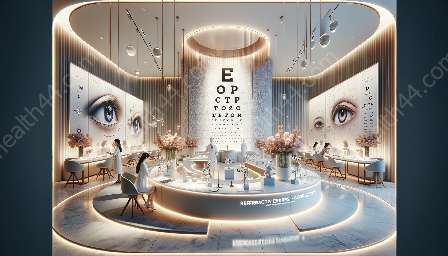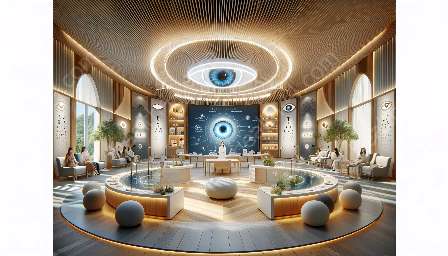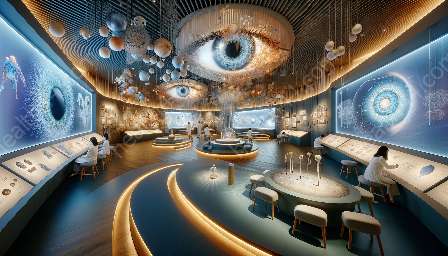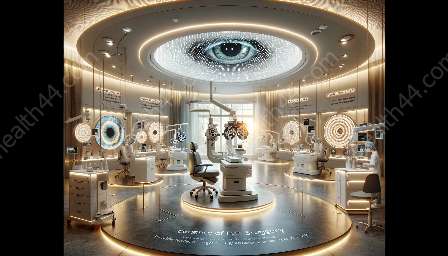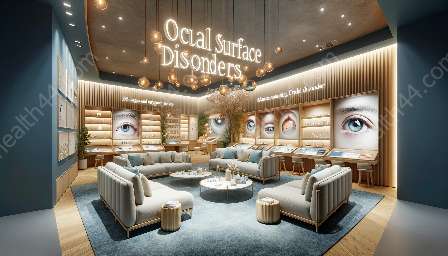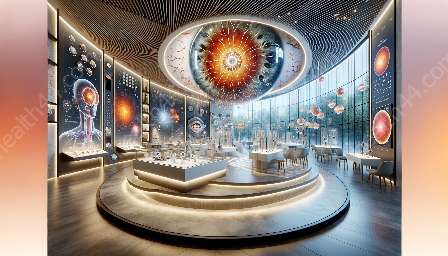Vision rehabilitation encompasses an array of services aimed at maximizing individuals' quality of life after vision loss or impairment. This comprehensive approach integrates various therapies, assistive devices, and strategies to help individuals regain or enhance their visual function. Vision rehabilitation plays a critical role in vision care and overall health by empowering individuals to lead productive and fulfilling lives despite visual challenges.
The Importance of Vision Rehabilitation in Vision Care
Vision rehabilitation is an essential component of vision care, focusing on improving functional abilities and independence for individuals with vision loss or impairment. It encompasses a multidisciplinary approach that addresses the physical, emotional, and social aspects of living with visual challenges. By providing comprehensive support and resources, vision rehabilitation seeks to optimize the remaining vision and facilitate adaptation to vision loss, ultimately enhancing the well-being of individuals with visual impairments.
Key Elements of Vision Rehabilitation
Vision rehabilitation involves a range of interventions and strategies designed to address the diverse needs of individuals with vision loss. These key elements include:
- Low Vision Evaluations: Conducted by optometrists or ophthalmologists with expertise in low vision, these evaluations assess the functional vision of individuals with visual impairments and determine their specific needs for vision rehabilitation services and devices.
- Assistive Devices and Technology: This includes magnifiers, telescopic lenses, screen-reading software, and other adaptive tools tailored to each individual's needs to support daily activities and enhance their independence.
- Orientation and Mobility Training: Professional orientation and mobility specialists assist individuals in developing spatial awareness, safe navigation techniques, and mobility skills to move confidently and independently in various environments.
- Activities of Daily Living (ADL) Training: Occupational therapists provide training and adaptive techniques to help individuals with visual impairments perform daily tasks, such as cooking, personal grooming, and managing household activities.
- Psychosocial Support and Counseling: Addressing the emotional and psychological impact of vision loss, counselors and support groups offer valuable resources and guidance to help individuals cope with the challenges and adjustments associated with visual impairment.
- Community Resources and Services: Vision rehabilitation professionals connect individuals with local resources, support groups, and community services to ensure ongoing assistance and social engagement.
Benefits of Vision Rehabilitation
Vision rehabilitation offers numerous benefits that significantly contribute to an individual's overall well-being, including:
- Improved Independence: By equipping individuals with the necessary skills and tools, vision rehabilitation enhances their ability to perform daily tasks, navigate their environment, and engage in activities independently.
- Enhanced Quality of Life: Vision rehabilitation enables individuals to regain confidence, participate in meaningful activities, and maintain an active lifestyle, leading to improved overall quality of life.
- Optimized Functional Vision: Through specialized interventions and adaptive devices, vision rehabilitation maximizes individuals' remaining vision, allowing them to make the most of their visual capabilities.
- Emotional Well-being: The emotional support and coping strategies provided in vision rehabilitation help individuals manage the psychological impact of vision loss, promoting greater emotional well-being.
- Social Connectivity: By connecting individuals with community resources and support networks, vision rehabilitation fosters social engagement and a sense of belonging within the community.
Integration of Vision Rehabilitation in Overall Health
Recognizing the interconnectedness of vision with overall health, vision rehabilitation aligns with broader health initiatives by promoting holistic well-being. The integration of vision rehabilitation in overall health is manifested through:
- Enhanced Functionality: By facilitating the maintenance or improvement of individuals' functional abilities, vision rehabilitation supports overall health and promotes a more active and fulfilling lifestyle.
- Prevention of Secondary Health Issues: Vision rehabilitation aims to minimize the impact of vision loss on individuals' physical and mental health, thereby reducing the risk of secondary health issues associated with decreased independence and mobility.
- Promotion of Mental Wellness: The emotional support and psychological interventions provided within vision rehabilitation contribute to individuals' mental wellness, aligning with the broader efforts to prioritize mental health in overall health care.
- Empowerment and Advocacy: Vision rehabilitation empowers individuals to advocate for their health needs and actively participate in managing their overall health, promoting a sense of empowerment and self-advocacy.
Conclusion
Vision rehabilitation is a vital and comprehensive approach that plays a pivotal role in vision care and broader health initiatives. By addressing the diverse needs of individuals with vision loss, vision rehabilitation enhances their functional abilities, independence, emotional well-being, and overall quality of life. Through a multidisciplinary approach and the integration of specialized interventions, vision rehabilitation empowers individuals to navigate life confidently and maintain an active and fulfilling lifestyle despite visual challenges.





